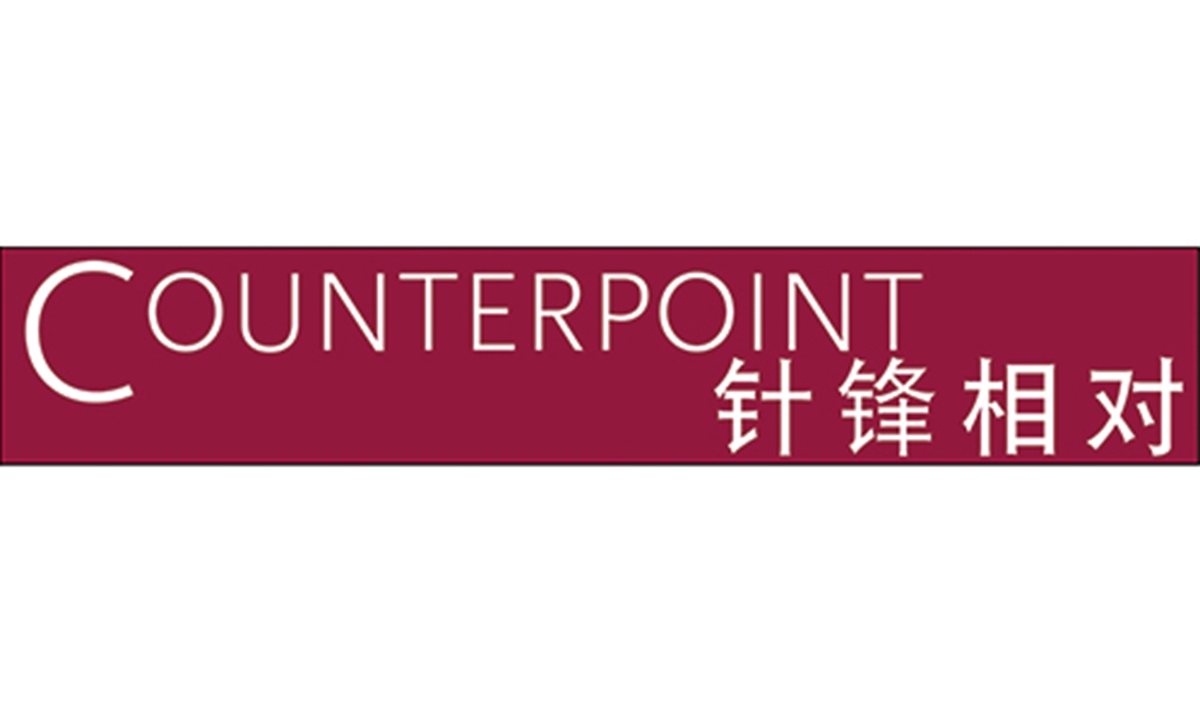A strong EU can mutually benefit China: German scholar
Source: Global Times Published: 2020/7/27 21:08:40

Editor's Note:
Germany's attitude toward Huawei and many other China-related issues seems to be different from that of the US. How have Germany-US relations changed during the Trump administration? How will Germany work to further improve China-Germany and China-EU relations? Global Times (GT) reporter Li Qingqing talked to Dr Christoph Meisselbach (Meisselbach), a German political scientist at Dresden University of Technology, on these issues.
GT: In your latest interview with The Beijing News, you mentioned that the COVID-19 crisis has greatly affected the way Germany and other EU countries view China. Could you further elaborate on that? In which way has the pandemic changed China-Germany and China-EU relations?
Meisselbach: Generally speaking, it seems fair to say that European citizens are much less aware of China than the other way around. During the COVID-19 crisis, China ultimately rose to full awareness in the European public and political discourse. Most people in Europe had never heard of Wuhan before. Above that, economic interdependencies and Chinese geostrategic ambitions became more tangible than ever in Europe. This resulted in an ambivalent and complex dynamic in the attitudes of political elites and the public toward China.
For example, China's "mask diplomacy" showed variance across European countries and thereby seemed to be clearly dependent on the political and economic value of the respective countries for China. Thus, China's activities were not only perceived as a benevolent humanitarian intervention, but also as a strategic obstacle for European political integration. That is, of course, particularly true for northern European countries like France and Germany, which are major forces in the process of European unification. Speaking of Germany, it became even clearer that managing political and economic relations with China is a demanding and complicated task for a leading European country rooted in the ethical tradition of the occident. While the German government sought measured tones, there was a lot of harsh criticism toward China's activities in Europe in the German media.
Overall, the potential improvement of EU-China relations during times of a global crisis for humanity was not fully exploited, to say the least. Undoubtedly, awareness for China's role and ambitions in the world has risen among Europeans during the pandemic. But along with that new skepticism also arose.

Illustration: Liu Rui/GT
GT: Germany's attitude toward Huawei and many other China-related issues seems to be different from that of the US, and Trump ordered to withdraw troops from Germany in June. How have Germany-US relations changed during the Trump administration and how will this affect other European countries' relations with the US?
Meisselbach: Obviously, President Trump's take on international politics, geostrategy, and diplomacy is a challenge for many countries, and this is also true for the US' closest allies like Germany. The long-term effect of this is difficult to assess. On the one hand, diplomacy between Western democracies is accustomed to keeping relatively stable ties over periods of changing leadership with different ideological and psychological characteristics. There is a valid chance for normalizing transatlantic relationships after the Trump era. On the other hand, several actions of the Trump administration do indeed address real world problems of the international order. For example, the decision to deploy troops from Germany to Poland is connected with American concerns about the funding of NATO, the common Western defense alliance. Trump complains that the US pays a far-above-average share, primarily for the safety of Europe, whereas European big players like Germany not only pay proportionally much less for the NATO but also for their own domestic military. This is not an accusation made up out of thin air! In fact, this was also acknowledged by former US administrations and European military experts before. The Trump administration just greatly differs in its way to articulate these concerns and its readiness to take drastic actions.
In one way, we see EU-US diplomatic relations under the influence of a difficult US administration. But from another perspective, we also observe a kind of European "coming of age". The continent can no longer rely on the US as a strong and protective superpower. Nevertheless, not only is the US market still the most important for the vast majority of European countries. The transatlantic partnership is important for all involved actors on many other levels. Furthermore, at least the Western part of Europe also shares a rich historic and cultural heritage with the US that will outlive the current difficulties. For Europe, the most important task now is to find an autonomous, coherent and sound ethical and geostrategic set of positions that is suitable for the international order of the 21st century.
GT: German Chancellor Angela Merkel said in January that she would "advise against regarding China as a threat simply because it is economically successful." Many Western countries regard China's rise as a threat. What is your take on this issue?
Meisselbach: First of all, in my estimation, viewing China as a threat simply because it is economically successful is not a dominant phenomenon in the Western world. In fact, survey studies from the PEW research center show that it is not even a majority position. But it is true that fears and concerns regarding China are not rare in the West. Firstly, these worries might not stem from China's economic strength, but from its massive foreign investments in strategically important branches of domestic economies and infrastructures in European countries. Europe has very closely observed the behavior of countries like Greece with strong ties to China, just as the activities around the 17+1 summits. They did not fail to realize that Chinese economic and political strategic actions come with considerable impact on European politics.
Secondly, Western countries perceive Chinese foreign politics very differently than they appear from an inside perspective. China introduces itself as a potential new wise leader in a harmonious world order. And in fact, its foreign policies might have been much less driven by ethical demands than for example that of the US in the last decades. Yet, several facets of China's acted-out geostrategy that might be perfectly reasonable from a Chinese perspective are hard to comprehend and digest before the background of Western political thinking and societal reality. Thus, at this point, we could blame the relatively bad perception of China in Western countries to pure ethnocentrism. However, apart from the fact that there might be some truth to this, this diagnosis is not satisfactory, since every culture has its ethnocentrisms and unique ethical principles. Therefore, the true challenge lies in the creation of trust and predictability despite the cultural differences. Because it seems to be universal to feel threatened by the unknown. For most Westerners, China is still a strange and unfamiliar place.
But it is also important to emphasize that China is by no means only seen as a threat in the West. Many Europeans are fascinated by China's rich culture and traditions, and they are much less threatened than impressed by the Chinese achievements in developing the economy and reducing poverty. In fact, economic success is not a divider but a common denominator in Western international politics, because the fundamental historical Western experience is that economic interdependence under fair conditions is a win-win situation. Getting to know each other better culturally, and engaging in mutually rewarding as well as reliable diplomatic and economic relations will surely help to drive back the perception of China as a threat in the West.
GT: Germany took over the rotating six-month presidency of the EU Council on July 1. What will be the key issues for Germany during this period? How will Germany work to further improve China-Germany and China-EU relations?
Meisselbach: Germany taking over the presidency of the EU council in a very difficult situation. The European Union faces several serious challenges to its current state of integration that have only been deepened by the COVID-19 crisis. Besides dealing with the economic and political consequences of the pandemic, the main focuses of the German presidency will be to strengthen the European unification process, the relation with UK after its exit from the EU, climate change, digital sovereignty, and Europe's role in international politics. The priority goals of the latter are a sound and unified European position towards China as well as the relations with China itself. The EU-China summit in September 2020 should have played an important role here, but was postponed due to the pandemic. It would have been difficult to present major achievements anyways, because the EU-China relations are simply very complex right now.
As often, steps forward into a future of sustainable relations must be taken on all sides. Regarding Europe, it will be very important to overcome its fragmentation and develop joint positions for negotiations with China over topics such as foreign investments, data security, industry politics, and intellectual property rights, to name only a few. If the European Union succeeds in presenting itself as a strong political and economic force on the world stage, that will also be good for China, because it can profit from Europe not only as an export market, but also as a reliable and predictable player in international politics. And most certainly, China can also make important steps towards better relations with Europe, some of which we have spoken in this interview.
RELATED ARTICLES:
Posted in: VIEWPOINT,COUNTERPOINT